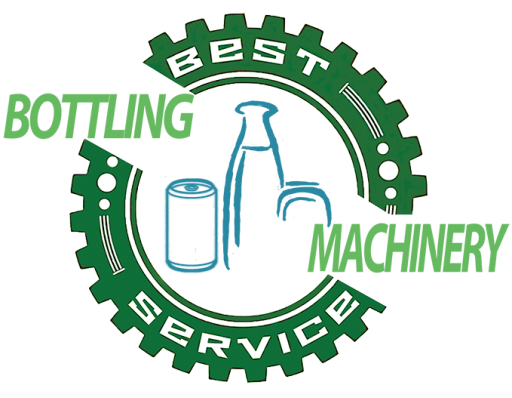# packaged drinking water treatment plant: 1000 BPH – 50000 BPH
Understanding the Technology Behind Water Treatment Plants
For more product details, please click: https://fillingbottling.com/product-category/product/
Packaged drinking water treatment plants are essential for ensuring the safety and quality of drinking water. These systems are designed to treat water efficiently, removing impurities and pathogens to deliver pure, potable water. The range of capacity from 1000 to 50000 bottles per hour (BPH) makes them suitable for small to large-scale production.
The core principle behind these treatment plants involves a multi-stage filtration process. Initially, raw water undergoes sedimentation, where larger particles settle at the bottom. Following this, advanced filtration methods such as activated carbon filters and reverse osmosis are employed to remove smaller contaminants, ensuring high-quality water output.

Another critical aspect of these plants is their automated operation. With integrated control systems, operators can monitor parameters like flow rate, pressure, and water quality in real-time. This automation not only enhances efficiency but also minimizes human error, making the process reliable and consistent.
Structural Components of a Packaged Drinking Water Treatment Plant
The structure of a packaged drinking water treatment plant includes several key components that work synergistically to ensure effective water purification. Major elements include pre-treatment tanks, multi-media filters, reverse osmosis units, UV sterilizers, and storage tanks. Each component plays a crucial role in maintaining the overall efficiency of the system.
Pre-treatment tanks are where the initial filtration occurs, removing large debris and sediments. The multi-media filters further purify the water, while the reverse osmosis unit removes dissolved solids and contaminants at a molecular level. UV sterilizers then eliminate any remaining bacteria and viruses, guaranteeing safe water for consumption.
Storage tanks are vital for holding the treated water before bottling. They are typically designed to maintain optimal hygiene standards, preventing recontamination. The integration of these components allows for a seamless flow of water through the treatment process, ensuring that production meets demand.
Applications and Benefits of Packaged Drinking Water Treatment Plants
The applications of packaged drinking water treatment plants are extensive, catering to various industries, including bottled water production, food and beverage processing, and even pharmaceutical manufacturing. With their ability to produce high-quality water, they are indispensable in any setting that requires safe and clean drinking water.
One of the significant benefits of these treatment plants is their scalability. Whether you need a modest setup capable of producing 1000 BPH or a robust system exceeding 50000 BPH, these plants can be tailored to fit your operational needs. This flexibility makes them ideal for businesses looking to expand or adapt to changing market demands.
Moreover, investing in a packaged drinking water treatment plant can lead to substantial cost savings over time. By producing your own purified water, companies can reduce reliance on external suppliers and avoid fluctuating market prices. This not only enhances profitability but also ensures a consistent supply of high-quality water for various uses.
For more information about our comprehensive range of machinery—including bottle blow molding machines, water treatment systems, and filling machines—feel free to contact us today!
